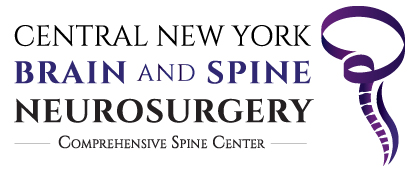Did you know that 5 out of every 1,000 adults have a herniated disc?
If you’ve recently had a lot of back pain, you may be wondering if you have a herniated disc. Seeking out the help of a medical professional is necessary when you’re looking to relieve your back pain, but what should you do if you are diagnosed with a herniated disc?We’ve created this quick guide to help you understand what you should do if you’re diagnosed with a herniated disc. Keep reading to learn more!
What Is a Herniated Disc?
One of the most common types of spinal disorders, herniated discs reacts well to a combination of over-the-counter pain medication, as well as light exercise. A herniated disc is when the material of the intervertebral disc moves out of its usual location. You may have heard of a herniated disc being referred to as a ruptured disc, a slipped disc, a bulging disc, or even a prolapsed disc.However, a medical professional should get involved if there are serious nerve complications forming as a result of the herniated disc.
When Should You Contact the Help of a Doctor?
Depending on the location of a herniated disc, there’s a large variety of symptoms that you may experience. In some cases, individuals with a herniated disc may only feel a slight amount of pain that makes them feel uncomfortable. However, individuals in other cases may be experiencing debilitating pain.You should contact a doctor if you experience any of these symptoms:
Debilitating Pain
If you’re unable to focus on your normal daily activities because of the pain you’re in, you should see a doctor. Radiating and debilitating pain can be a sign of a severe complication that needs immediate medical attention. Your pain shouldn’t impact your work life or your ability to sleep, so contact your doctor if it is.You should also seek your doctor’s help if your symptoms worsen or don’t respond to any treatment after a few weeks.
Loss of Bladder/Bowel Control
If you find that you can’t control your bladder or your bowels, these symptoms could be the sign of a herniated disc in the lower back. This could represent a syndrome the commonly affects the spine but needs immediate medical attention.
Loss of Feeling or Muscle Control
If you find that you’re having a difficult time keeping yourself balanced, you can’t feel your legs or feet, you have muscle weakness or your fine motor skills aren’t as sharp as they normally are, it’s a sign that your spinal nerve is compressed. In a severe medical emergency, this could be because the herniated disc is causing the spinal cord to be compressed.
Getting Help for Your Herniated Disc
If you’ve been diagnosed with a herniated disc, you should work with your medical professional to see how you can ease your herniated disc symptoms. However, if you experience any of the above-listed symptoms, it’s important that you seek immediate medical attention.Are you looking to receive treatment for your back pain? Here at Central New York Brain and Spine Neurosurgery, we’re here to help you. Click here to contact us today.

